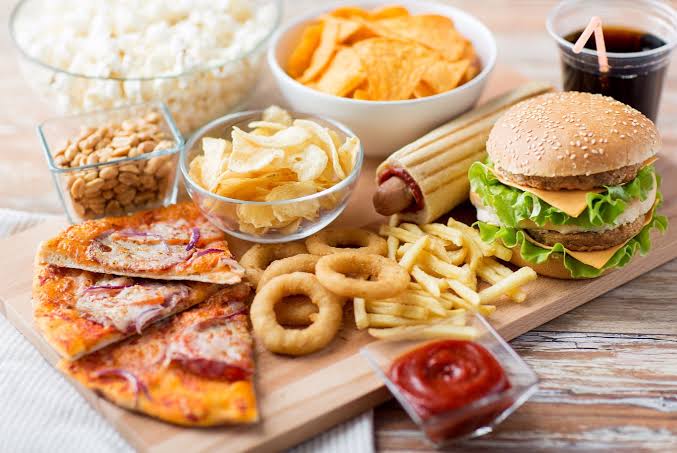
Compelling restaurants to put calorie labels on their menus can slash the measure of calories clients eat, a significant study has affirmed.
Health supervisors in the UK are as of now thinking about whether to turn out mandatory calorie labels at chains around the nation.
The plan was presented in the US in May 2018, yet there has been minimal solid proof about its adequacy.
In any case, Harvard University researchers have now discovered individuals expend 60 fewer calories at chains with the labels on menus.
They investigated more than 50 million buys at 104 restaurants when calorie labels got obligatory in the US.
The group, led by Dr. Josh Petimara, took a gander at chains in the Deep South, where obesity rates are among the highest in the nation.
They took week after week sales information from restaurants two years before the labeling policy – from April 2015 to April 2017 – and one year after.
Specialists calculated total calories for each menu item and gathered items into one of five categories.
They were partitioned into main courses, sides and desserts, sugar and sweetened drinks, low-calorie beverages, and condiments.
In the wake of altering for the baseline trend, season and holidays, calorie labeling were related with a prompt reduction of 60 calories for every transaction, or 4 percent of total calories obtained.
Be that as it may, this initial abatement was trailed by a small week by week increment in calories per transaction throughout the next year.
So before the finish of the study, the 60 calorie decrease had dropped to only 23 fewer calories for each buy made.
This trend increment may happen quicker among individuals with lower incomes, note the authors, in spite of the fact that these outcomes ought to be seen with alert.
They point to some study limitations, for example, being not able to calculate calories bought per individual or measure supper modification.
These incorporate including condiments drink refills, or the amount of every supper was eaten.
‘Before drawing conclusions on the overall effectiveness of calorie labeling as nutrition policy, future research should be done to estimate the effects of labeling over a longer period, especially once restaurants have had sufficient time to reformulate their menus,’ the authors concluded.
Scientists at the University of Oxford hailed the discoveries in a connected article.
However, they cautioned that compulsory labeling may make restaurants to pack their dishes with salt or sugar to cut down the calories yet keep the taste.
In spite of the fact that these outcomes might be baffling to a few, they note that small changes to calorie intake can have significant impacts on the populace level.
They require ‘a multifaceted, cross-government approach’ handle obesity in which calorie and nourishment marking on restaurant menus should have an influence.
Disclaimer: The views, suggestions, and opinions expressed here are the sole responsibility of the experts. No Open Headline journalist was involved in the writing and production of this article.
